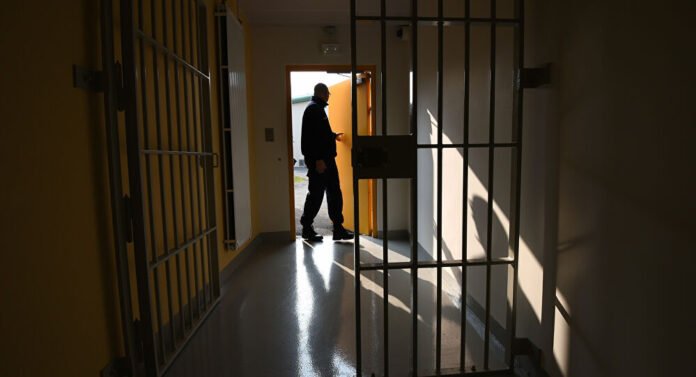Iraq’s Kurdistan Region now struggles with severe prison overcrowding, especially as drug-related cases continue to rise sharply. Authorities in the Region called on Parliament to revive oversight and help address the ongoing crisis. The growing number of inmates has placed immense pressure on outdated and underfunded correctional systems.
According to the General Director of the Region’s correctional facilities, Ihsan Abdulrahman, the current prison population has reached 5,715 inmates. Among them, 1,564 individuals are serving time for drug-related offenses. This number means nearly one-third of all prisoners face time for drug crimes. The sharp increase worries prison officials and legal experts alike.
Overcrowding is especially intense in Erbil, where the main men’s prison now holds over 2,100 inmates. Moreover, 400 individuals remain held in pretrial detention centers. In al-Sulaymaniyah, the inmate count stands at 1,676. Meanwhile, Duhok houses 1,351 prisoners. The numbers keep climbing as courts process more drug cases daily.
The Kurdistan Region’s prison conditions also highlight problems for vulnerable groups. Women and juveniles are now held in aging facilities built during the 1970s. Despite some renovations, the conditions remain poor. In Erbil, around 350 women are currently incarcerated. Al-Sulaymaniyah holds 100 female inmates, while Duhok houses 117. However, the combined capacity of all female facilities is just 100.
The issue goes beyond numbers. Activists and observers continue to voice strong concerns about the state of the prisons. The Justice Network for Prisoners recently described some facilities as “unfit for human life.” Many cells lack proper ventilation, clean water, and basic hygiene. Families also report limited visiting hours and delays in legal processing.
The growing problem of drug-related offenses directly contributes to this crisis. Drug use and trafficking continue to expand in urban and rural areas alike. This increase in crime has overwhelmed local law enforcement, courts, and prisons. The sharp rise in drug convictions puts further strain on the already stretched prison system.
Authorities believe immediate action from the Regional Parliament could improve the situation. Stronger oversight may help enforce legal standards and push for prison reforms. They also stress the need for more investment in new facilities and rehabilitation programs.
Ultimately, the Kurdistan Region must respond quickly. Without better planning, overcrowded prisons could lead to further unrest and worsening conditions. Tackling drug-related crime and restoring justice oversight remain essential to fixing the system.

